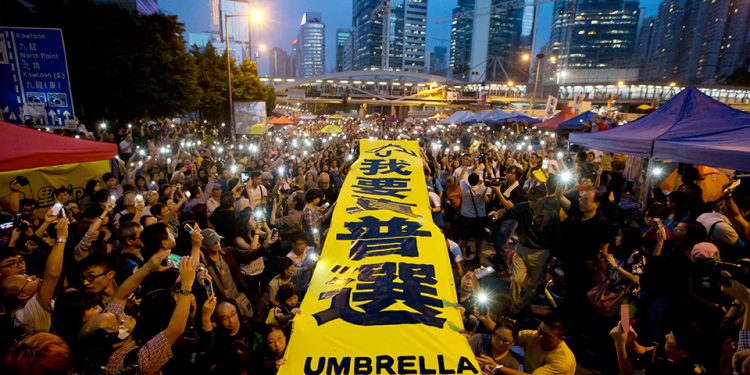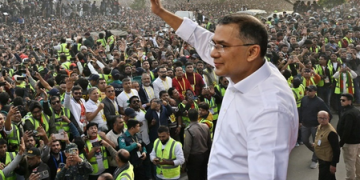Democracy is becoming increasingly participatory around the world. And that is bringing out the true diversity of opinion to the fore and giving headaches to institutions of governance and governments themselves. The divergence of opinion is bound to make it difficult to govern countries — particularly those such as the nation of nations India — and flexible paradigms will have to emerge to accommodate the plasticity. The latest in the line of people’s gatherings against a government decision is one that happened in London seeking a re-referendum on Brexit. The demand the demonstrators put forth is that at the time Brexit went for a referendum, in 2016, there was a huge segment of the populace that were left out of the exercise owing to their age. Now that those youngsters can also vote, the opinion and division of votes could be entirely different. The referendum in June 2016 gave only a marginal upper hand for Brexiteers with votes splitting 51.89 per cent against 48.11 per cent. Since the vote, United Kingdom initiated the process for exit from the European Union and the links are expected to be severed by the deadline March 29, 2019. It is a complex matter given the multiple links that exist between the EU and Britain. Besides the said demonstration in Britain, several instances of people’s mobilisation against governments and policies are being seen around the world. What was probably triggered by movements such as Arab Spring and the Umbrella Movement is seeing repeats around the world. The same sentiments were seen echoed in the cases of Jallikattu and are now being seen in the case of Sabarimala. States can decide to quell these movements through brute application of power and through bloodshed. However, that would be doing a great disservice to an awakening population. It is a true sign of progress that people today are willing to come out on to the streets to raise their voice and come together for a change or to make their displeasure known over a decision. It undoubtedly is a huge hurdle to decision-making and implementation. But it appears the time has come for referendums on issues rather than blind imposition of decisions. Governments need to seriously consider opening up matters to public debate and discussion before they effect policy changes that affect a particular segment of the populace. Systems need to evolve to bring people to the fore of decision-making. The state will not be able to impose its will on unwilling populations. Confusion is bound to prevail. And the challenge will be finding the common ground amid all the chaos. The challenge will also be of directing this increased awareness of democratic rights and powers in the direction of progress rather than regression. Public reactions should be barometers of the willingness and openness of societies to change. They reflect the thought process of a nation and what factors are not convincing enough for that nation to adopt change. Democratic processes should be willing to invest time in understanding perspectives and analyzing their merit before introducing change. Present day governments as well as institutions that assist governance need to be more sensitive to realities on ground before they impose decisions. While it may be easier to impose a decision by force, quelling dissent, better solutions can be achieved by accommodating and addressing matters of dissent through informed consent.
Art of Delay
By Dilip Cherian It’s telling that Punjab is still kicking the can down the road on appointing a regular Director...
Read moreDetails





































